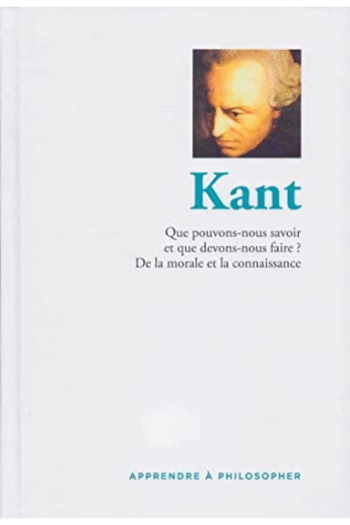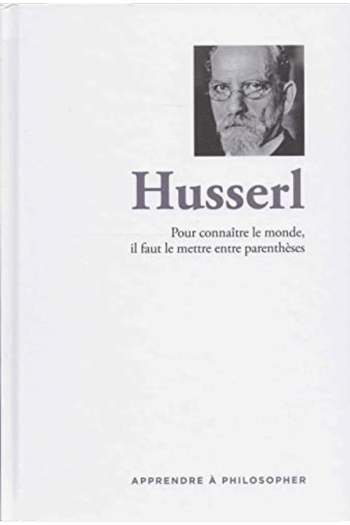Explore the clash between local identity and global forces in Filip M. Alexandrescu’s “Social Conflict and the Making of a Globalized Place at Roia Montan.” Published in 2020, this book dives deep into the Romanian mining controversy, examining how the Roia Montan region transformed from a historical site into a symbol of resistance against large-scale extraction. Alexandrescu masterfully uses a blend of political economy and anthropology to understand how the experience of “place” is forged. He unpacks the narratives of locals, activists, and corporations to show how their competing visions shape the meaning of Roia Montan. This Romanian-language study (263 pages) analyzes this social conflict with a lot of case studies. More than just an environmental study, this book gives a critical look at both sides of the argument, revealing how global forces influence local realities. The book is a useful ressource for anyone who is involved with how mining and conflicts around extractions around the world. Alexandrescu looks at what Dorren Massey defined as progressive Notion of Place to examine the Roia Montan controversy. He paints a vivid picture of resistance and open-ended change.
Social Conflict And The Making Of A Globalized Place At Roia Montan
17,53 $
In stock
The Book Provides A Theoretically Informed Case Study On The Transformation Of The Experience Of Place In The Two Decades Old Conflict Over The Roia Montan Mine In Romania. First, The Case Study Is Set Within A Political Economy Approach Of Mining Places Before And During Globalization. The Second Theoretical Approach Used To Illuminate The Transformations Of Place Is Anthropological And Draws On Clifford Geertzs (1979) Distinction Between Experience-nearness And Experience-distance. Both These Theoretical Strands Are Employed To Explain Transformations In The Experience Of Place And The Subsequent Making Of A Globalized Place. In Contrast To The Majority Of Social-scientific Research On Roia Montan, Which Has Used This Case To Illustrate Broader Arguments In Political Ecology Or Environmental Justice (e.g. Moral Economies, Degrowth Or Transnationalism), This Book Explores The Shifting Discourses And Practices Of Various Local And Extra-local Actors And How These Have Shaped The Meanings Of This Place. Without Claiming To Be Impartial, The Book Offers A Critical Interpretation Of Both Corporate And Social Movement Discourses As They Shape The Experience Of Place. The Arguments Are Fleshed Out Using Extensive Empirical Material (66 Individual Respondents Being Mentioned In The Analysis) And Contextualized Interpretations Of Their Views. The Book Concludes By Arguing That Roia Montan Can Offer A Contemporary Version Of What Doreen Massey (1991) Has Called A progressive Notion Of Place, One Which Will Increasingly Render Extractive Projects, Both In Romania And Worldwide, As Critical Nodes In A Web Of Socio-ecological Struggles And Open-ended Change.
| Authors | |
|---|---|
| Condition | |
| ISBN-10 | 6062611939 |
| ISBN-13 | 9786062611934 |
| Language | |
| Pages | 263 |
| Publisher | |
| Year published | |
| Weight | 4000 |
Related products
Marx
18,48 $Husserl – Apprendre philosopher
18,48 $
- Additional information
- Currencies
- USD – United States dollar
- EUR – Euro
- GBP – Pound sterling
- CNY – Chinese yuan
- BRL – Brazilian real
- MXN – Mexican peso
- JPY – Japanese yen
- PHP – Philippine peso
- THB – Thai baht
- PLN – Polish złoty
- CAD – Canadian dollar
- MYR – Malaysian ringgit
- AUD – Australian dollar
- TWD – New Taiwan dollar
- CZK – Czech koruna
- SEK – Swedish krona
- HUF – Hungarian forint
- ILS – Israeli new shekel
- CHF – Swiss franc
- HKD – Hong Kong dollar
- DKK – Danish krone
- SGD – Singapore dollar
- NOK – Norwegian krone
- NZD – New Zealand dollar





